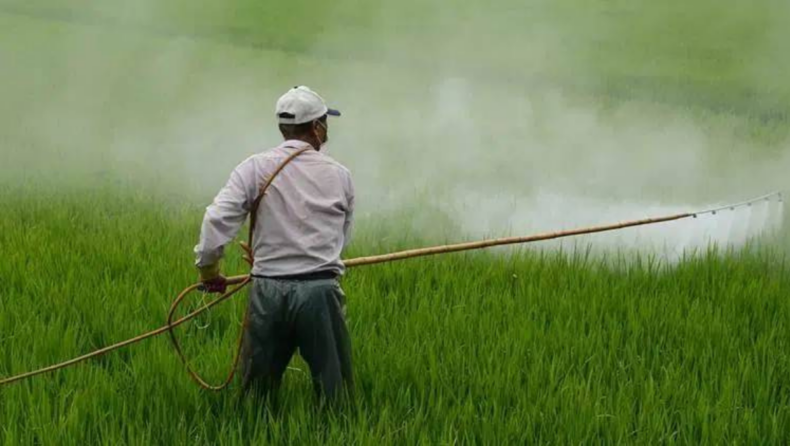The pesticide industry claims that CROP and PQIS industries are not functioning smoothly, which may lead to a delay in product certification. Subsequently, farmers may not have access to plant protection chemicals during Kharif.
The roughly Rs 40,000 crore-worth pesticide and plant protection industry in India claims that the poor performance of two state-run portals is causing a delay in the issuance of registration certificates for products.
The portals were established in April 2022 with the goals of providing a transparent system for the applicants that does not involve any physical touchpoints and ensuring the convenience of the users through the use of an online system that includes electronic payments and the uploading of documents, as well as online accreditation and the renewal of treatment agencies or facilities, and the downloading of certificates.
According to industry participants, the computerised registration of pesticides (CROP) and plant quarantine information systems (PQIS) portals are not operating as intended and have caused a delay in the issuance of registration certificates for a variety of products needed for both export and domestic use.
Threat to harvests
Senior industry officials worry that if the issue is not handled immediately, farmers may not have access to new plant protection chemicals during this kharif season.
Due to an increase in newer kinds of pest attacks on crops like cotton, industry players warn that this could have an impact on the final harvests. Recently, the government was contacted by the plant protection industry, which also submitted a memorandum.
Kalyan Goswami is the director general of the pesticide policy platform, Agro-chem Federation of India. In a conversation with Business Standard, he said that they are fully aware of the change and transit of online portals. Nonetheless, the delay in granting the Certificate of Registration is having a detrimental influence on the supply of inputs for the kharif crop. On their end, they have requested that the Department take immediate action in response to the issue. They have had multiple discussions with the authorities and anticipate that the problems will be rectified quickly.













